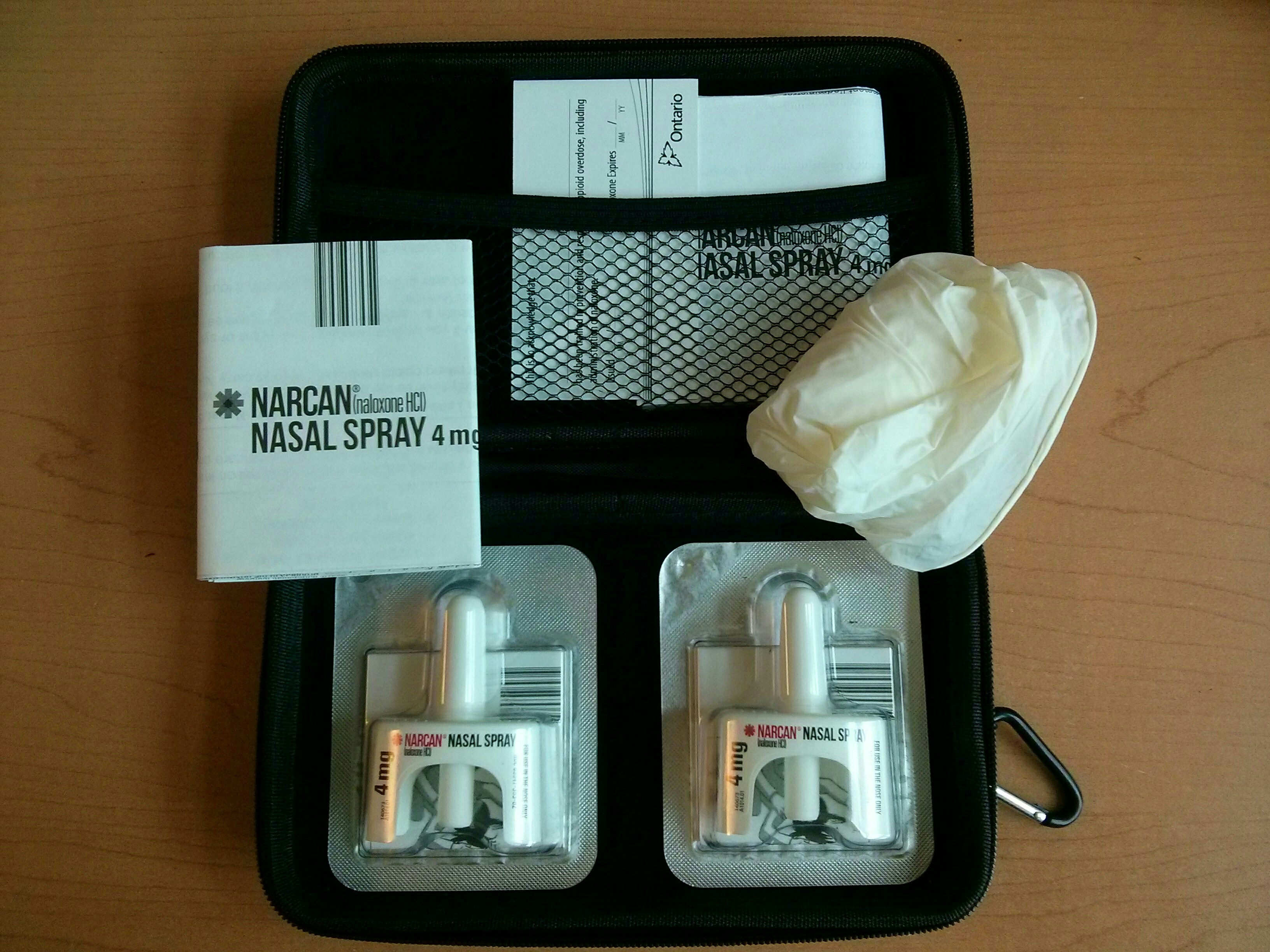World Hepatitis Day: Finally something to celebrate?
July 28, 2017 • By Annika OllnerEvery year on July 28, we mark World Hepatitis Day with an event to educate, gather together, and also remember those we have lost from the hepatitis C community. This year, we should have much to celebrate: in early 2017, medications that had previously been unavailable were finally added to some formularies, including Ontario’s. This means that people with certain types of hepatitis C who have been waiting years to access safe, effective medication will finally be able to start treatment and be cured. For many, being cured means avoiding potentially fatal outcomes like liver failure and liver cancer. It...






